Imports produced to inferior standards could undercut EU food, says David Bowles, head of external affairs at the RSPCA
Agricultural trade talks only seem to get media attention when they bring demonstrators out on to the streets. However these negotiations are crucially important, and could hold the key to deciding the way animals are reared for their meat and eggs in the future.
The EU is at a crossroads in terms of deciding its farm animal welfare policy. Decisions will be made in the next year on the level of welfare it wishes to apply for chickens and pigs in the EU.
Any improvements will carry a financial implication, which is where the trade talks come in. The WTO sees no difference between an outdoor reared pig and one farmed intensively, or a free-range egg and an egg from a caged hen. No trade advantage is given to either product.
Although the EU might tighten its animal welfare restrictions, it cannot control those of countries outside the EU. Nor can it ban the import of products on the grounds of animal welfare.
It is unclear even if it will be permissible to introduce mandatory labelling detailing the methods of production.
Unless safeguards are put in place once trade has been liberalised, there is a real danger that imported food reared to standards below the EU's own will increasingly undercut European producers.
Now, we know European consumers want improved farm standards - they said so in the EU's first public opinion poll on animal welfare last year. But the translation of this into actual buying patterns is problematic.
The consumer needs clear information to decide what to buy, and this is where retailers have a big role to play.
They remain outside the control of WTO rules. And this means they can insist that any products on sale meet European standards. They can also ensure consumers are given clear information on how products they are about to buy have been produced.
The European Union has some of the best farm standards in the world. Once trade is liberalised, will there be any farmers left to produce under them?
Agricultural trade talks only seem to get media attention when they bring demonstrators out on to the streets. However these negotiations are crucially important, and could hold the key to deciding the way animals are reared for their meat and eggs in the future.
The EU is at a crossroads in terms of deciding its farm animal welfare policy. Decisions will be made in the next year on the level of welfare it wishes to apply for chickens and pigs in the EU.
Any improvements will carry a financial implication, which is where the trade talks come in. The WTO sees no difference between an outdoor reared pig and one farmed intensively, or a free-range egg and an egg from a caged hen. No trade advantage is given to either product.
Although the EU might tighten its animal welfare restrictions, it cannot control those of countries outside the EU. Nor can it ban the import of products on the grounds of animal welfare.
It is unclear even if it will be permissible to introduce mandatory labelling detailing the methods of production.
Unless safeguards are put in place once trade has been liberalised, there is a real danger that imported food reared to standards below the EU's own will increasingly undercut European producers.
Now, we know European consumers want improved farm standards - they said so in the EU's first public opinion poll on animal welfare last year. But the translation of this into actual buying patterns is problematic.
The consumer needs clear information to decide what to buy, and this is where retailers have a big role to play.
They remain outside the control of WTO rules. And this means they can insist that any products on sale meet European standards. They can also ensure consumers are given clear information on how products they are about to buy have been produced.
The European Union has some of the best farm standards in the world. Once trade is liberalised, will there be any farmers left to produce under them?



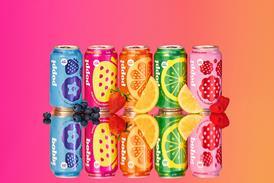











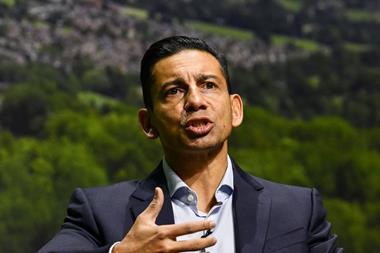
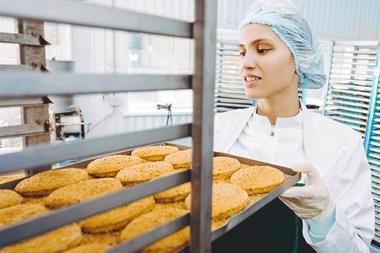
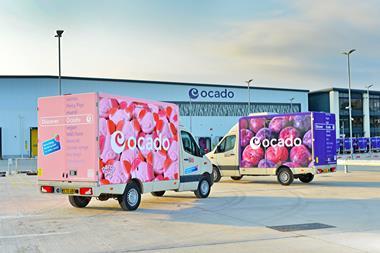
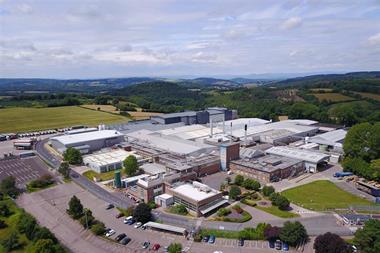
No comments yet